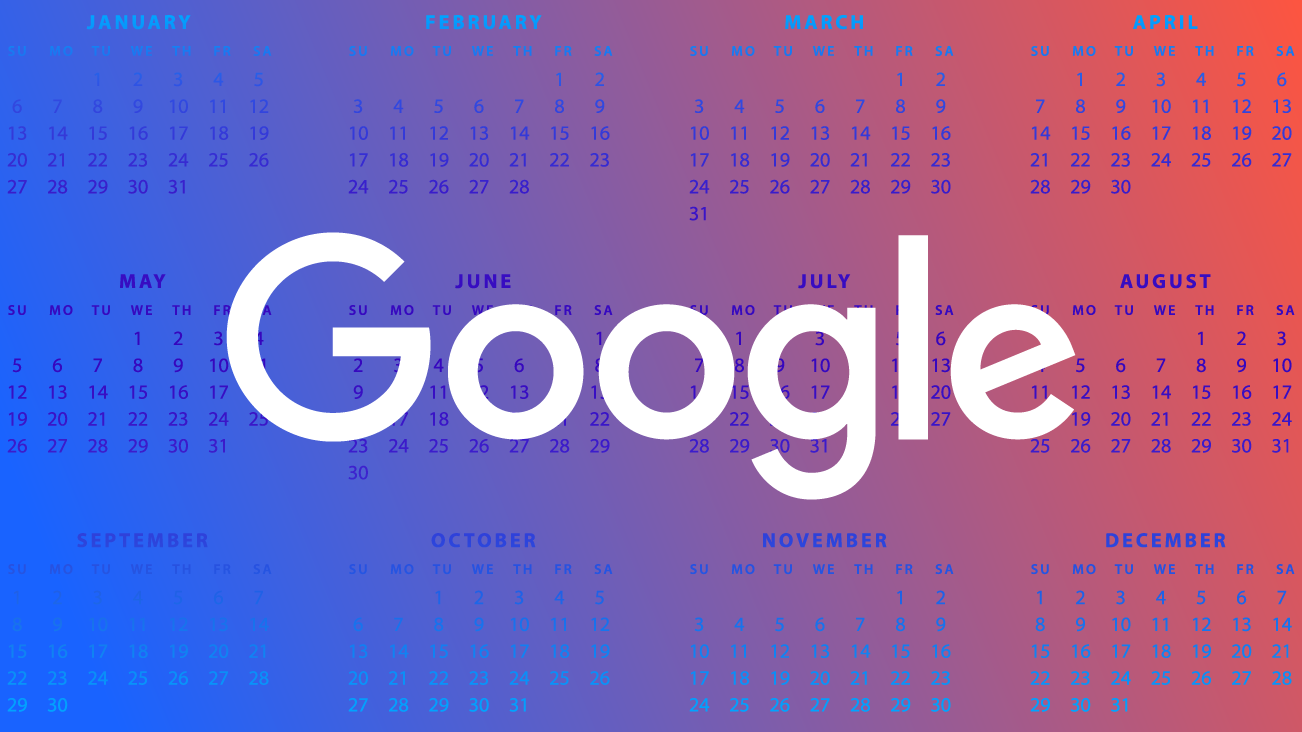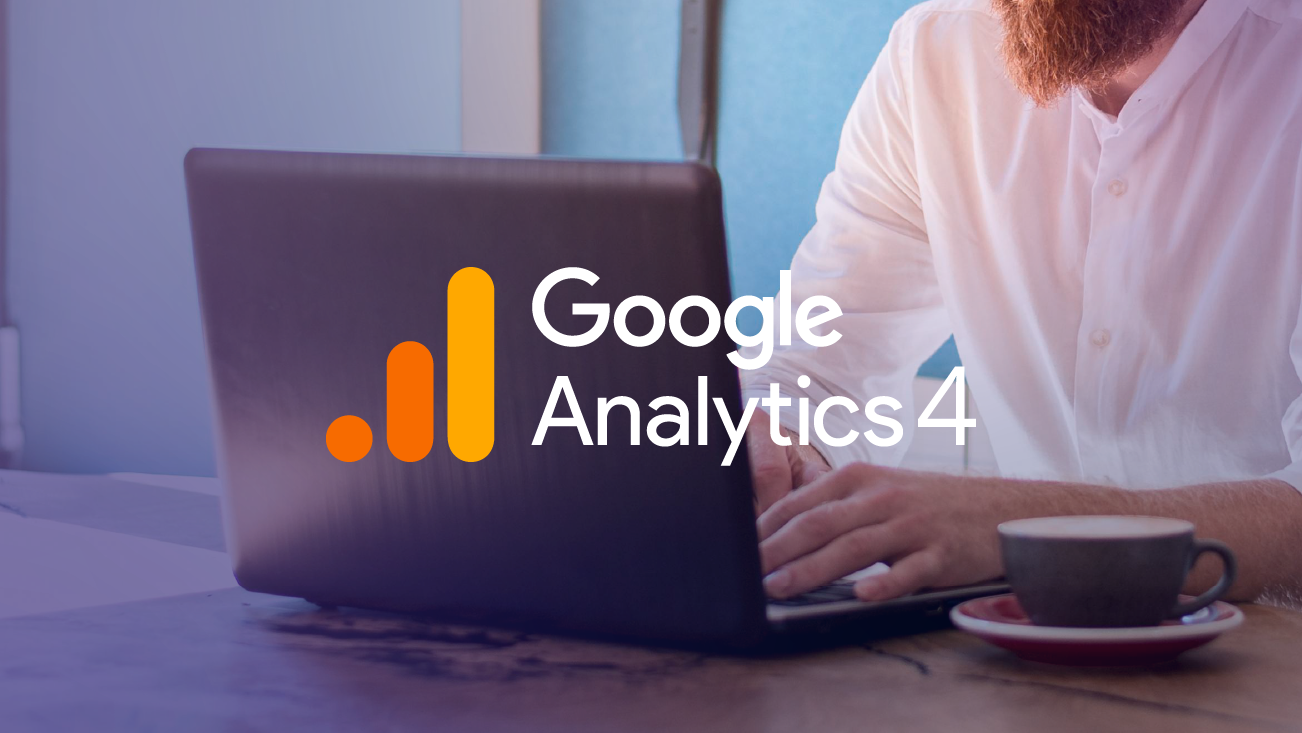2019 Year in Review for Confirmed and Unconfirmed Google Updates

It’s often a newsworthy event in the SEO world when Google updates its search algorithm. These updates can cause confusion with popular publications using terms like "broad core update," "ranking volatility," and "rankings tremors," that leave more questions than answers.
Each year, the SEO team checks these reported updates and changes to get a better look and understanding of how they will impact the future SEO strategy for our clients. We examined the collection from 2019, which includes two kinds of possible updates: 1) If there was a real update Google either confirmed (at the time or after the fact) and 2) It was buzzing in the community with some industry-related correlations.
Not all updates to Google’s algorithm are extreme situations and the majority are not announced. Many can be continuations of announced updates or smaller corrections/fixes that are done in most software frequently. This collection of reported updates helps look at the changes in Google Search and can be a glimpse into how organic search is evolving.
Valentine’s Day Update (February 2019)
This was reported by a few watchers of SERP changes and the Google Webmaster Forum had significant chatter. Besides many reporting shifts and volatility, it remains unconfirmed by any Google representative. Mostly, there were a large number of positive ranking moves with numerous sites seeing improvement in search results.
February Fluctuations (February 2019)
There was serious movement in late February that lead several to suspect there was an update after the Valentine's Day shifts. It seemed to be based more in the UK than the US, and the minor changes in the US mostly had effects that resembled a change made in the previous update.
Florida 2 Update (March 2019)
Google’s Danny Sullivan confirmed the update and didn’t specify any changes to look out for. It was a broad core algorithm update. Sistrix, a firm specializing in tracking visibility in SERP, reported it had the feeling of a rollback since it returned traffic to the top 70 percent of the biggest losers during Q4 of 2018 updates.
Some of the 70 percent of sites that lost rank also reported being hit by other updates prior to this update in 2019. Specifically, many of these sites were heavily affected by the Medic update (August 2018) and the Broad Core update (March 2018).
DeIndexing Issue (April 2019)
Google confirmed an issue in the algorithm lead to some pages being deindexed or removed from results. Many webmasters noted that pages were completely deranked from search results. It was reported by Google’s John Mueller as a technical issue and no specific fix was given.
There was some update as a result of the algorithm since those pages were eventually restored to their original positions after about 10 days for some sites. It was during that time when Google reprocessed those deindexed URLs and gave them new rankings. According to Google SearchLiaison, the entire issue was fully resolved on April 10th.
Second Deindexing Bug (May 2019)
Google confirmed indexing issues specifically relating to new content and related to an algorithm bug. Large shifts in rankings were confirmed. There were indications this had a direct effect on Google News, cache date mislabelling, and structured data markup issues.
The result didn’t coincide with a specific algorithm update, based on what the effects showed. However isolated, it did take some time for Google News, AMP based articles in SERP, recipe markup, mobile application markup, and cache date information to be corrected.
June Core Search Update (June 2019)
Google SearchLiaison announced it would be rolling out a broad core update with no specific focuses in early June. Google’s Danny Sullivan went on to comment they were announcing this update in regards to requests by the community to be more forthcoming about the broad core updates and proactive about notifying site owners.
Domain Diversity Update (June 2019)
Google rolled out an update to begin restricting front page results from showing the same domain multiple times. It’s limiting top results to one per domain, with an incremental rollout. Google’s John Mueller did address some concerns relating to the update on June 14th focusing on the impact of these updates being so broad that there aren't any specific things you can do besides following the Google Quality Guidelines.
It's not clear what effect there is on SERP with the recent string of updates. It seems this update will take a significant amount of time before there is a distinct impact.
Adult Content Restriction (July 2019)
Officially announced update to ambiguous searches that could return adult content and restricting adult content on those ambiguous terms. It’s trying to make a change for more "normal" search results and avoiding showing adult content where it’s not needed. Google will now focus on "non-adult" themes if it deems there’s a possibility for that intent on the given search term.
eCommerce and YMYL Update (July 2019)
There is an unconfirmed shift in rankings that mostly affected eCommerce, health, and finance. There seemed to be a minor impact on travel sites as well. The majority of the changes seem to show significant volatility across those verticals but minor changes across many other industries which is a characteristic sign of an update.
There was no official mention of the changes that were made or when. These same business sectors had distinct changes relating to the August 2018 broad core update that was nicknamed Medic. All signs indicated either an extension of a larger broad core update being pushed out or a new update was released without any official response for confirmation.
Google Release Broad Core Update Guide (August 2019)
Google released a rare document detailing some advice for how webmasters should be dealing with effects from their updates. It contained some talking points relating to auditing your content and looking at the relevancy of that content as a key factor. There is a specific list of questions relating to the content quality and how to address your thought process in relating that content to a reputable manner according to the Google search algorithm.
The bottom of the guide includes third party guides that all focus on advice regarding using/implementing EAT (Expertise, Authoritativeness, Trustworthiness) philosophies on your website for improved success. It also includes a link to the most recent version of the Quality Rater Guidelines that was updated for 2019.
Third Deindexing Bug (August 2019)
Google announced it has another issue with indexing new content on the web. New content will see limited traffic as the bug is being addressed. There were scattered reports in the Webmaster Community about it being related to href=lang attributes but tests were inconclusive since this third bug was resolved in less time than the previous two from this year.
It was confirmed that you could see the issue within the URL Inspection tool (this also is in the "New Search Console") and the tool working normally again had some implication on the issue being resolved.
NoIndex Update (September 2019)
Google announced and implemented new changes in the robots directives relating to how its crawlers will ignore the robots.txt relating to "noindex." It doesn’t change the use of "noindex" in the meta robots tags or "Disallow" in robots.txt. It only planned to remove unsupported robots directives from the robots.txt documentation and usage.
Nofollow Updated In Link Attributes (September 2019)
Google had announced a change to the "nofollow" link attribute to include two new link attributes. The new attributes can be "UGC" for user-generated content and "sponsored" for affiliate and paid links.
Links were previously ignored for ranking purposes if they had a "nofollow" attribute. This new attribute set is expected to change how Google evaluates these links and their purposes. They can be used in tandem or separately. This is to specify link types and origins and rollout is expected to be gradual as webmasters adopt this.
"Nofollow" will still be a viable attribute for any link and can be combined with the new attributes where necessary. It‘s specifically meant to indicate that "you want to link to a page but don’t want to imply any type of endorsement," according to the documentation around the release.
Review Reduction in SERP (September 2019)
Google announced it will reduce the number of review snippets in search results. This is making search results representative of the target URLs.
In the notes about the release, Google confirmed that the reviews only on the domain of the target URL will be ignored. Impact was noticed as varied based on industry. In the documentation it specifies that this is intended to affect at least two types of Schema markup, "we’re not going to display review rich results anymore for the schema types LocalBusiness and Organization (and their subtypes) in cases when the entity being reviewed controls the reviews themselves."
September Broad Core Update (September 2019)
Google announced this before a broad core algorithm update but gave no specifics. It was expected to be a much larger update than normal, and Google rarely announces new updates. It wasn’t explained, but there was an indication of the effect it was supposed to have when Danny Sullivan directed anyone with questions about the core update back to the post from August 2019 regarding Broad Core updates.
Unconfirmed Update (October 2019)
There were noticeable shake-ups across a lot of keywords and positions on October 2nd. Numerous publications reported it looked like something was being changed. It could have been associated with future updates or reclassification of user intent on a few keyword types/segments.
BERT Update (October 2019)
Google upgraded its algorithm and underlying hardware to support the BERT natural language processing (NLP) model. BERT helps Google better interpret natural language searches and understand context. This is focused on written language and the use of language on-page.
This was both announced and confirmed on October 22nd to the 25th. Google stated it will roll out in a few sets of updates over a long period. The Google SearchLiaison team calls it "the biggest update to Google in the last 5 years."
Local Update (November 2019)
In a series of tremors and position changes, there were a lot of changeups for rankings in Google My Business and local map pack results. The result was multiple changes being implemented over some time to make modifications around relevance (not position or location).
Unnamed Update (November 2019)
A few niche industries called out traffic jumps that were sustained for a time post update. The main sites affected were travel sites, recipe sites, and sites that were dealing with spam linking or PBN links. Many travel and lifestyle blogs took a hit on traffic. The only takeaways from Google were that it was a normal update and these happen frequently. Several publications went on to note that many updates are not niche or industry-specific.
Local Update (December 2019)
There were a few unconfirmed tremors as well as rank fluctuations early in the month. More importantly, there were confirmations on a few fixes for de-indexing bugs (late Nov), rel=canonical issues, and other bugs like they‘ve reported throughout the year. There were a lot of confirmations of the fixes and changes so the theme of the year with rapid-fire updates left a lot of finalization and confirmation for the last month of the year.
What Next
2019 was a tumultuous year that ended with two huge updates. The end of the year featured both BERT and the Local Update. These are likely going to be signals on how the future updates regarding language processing and localization are to be handled.
It’s also a year of numerous industry-related changes, including some deindexing bugs that massively upended content teams. The future of organic search is going in new directions with tests being performed on Google’s search results every day. We’ll likely see some of these changes or effects in the 2020 review of changes to SERP and Google’s algorithm.


